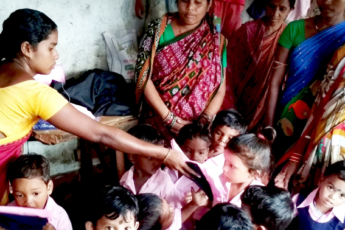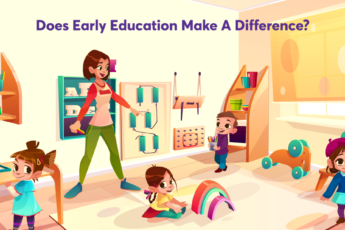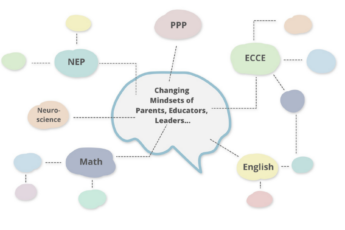4 Reasons Why Some Students Thrived During Remote Learning
The pandemic has altered almost every area of our daily lives. Teachers and students, in particular, have had to adapt to online education, which has proved difficult for many learners. Educators agree that online courses are no substitute for in-person learning experiences. In 2018, the New York Times reported that online classes do not allow for the same level of individual attention as in-person classes, and children studying online perform worse than those directly studying with teachers.
Despite this, some students have managed to thrive by embracing this remote style of learning. Learning styles can be deeply individual, and students who respond well to online learning usually have a strong sense of independence and self-motivation. Those students often choose this learning style because they can work at their own time and pace.
Let’s look at why some kids are succeeding in online learning.
There is a lot of flexibility in online learning. The choice to learn at your own pace instead of being forced to go through the material in a certain way can help you stay focused and attentive. Therefore, students who do well in self-paced, flexible learning situations thrived while learning online. It allowed students to remain focused and attentive to course materials. Students could take any past classes they may have missed or repeat them as many times as needed. Anytime students wanted to repeat a lesson, they could replay it at their own pace, allowing them to fully comprehend the material and gain an understanding that would not be found in a classroom setting.
👉 More Time, Less Distraction
It is not an overstatement to say that today’s students had a grueling schedule in a pre-pandemic world. They attended school and were also expected to manage different extracurricular activities, such as sports and arts, alongside their classes. In addition to this, most students had to receive additional support from private tuitions and preferred going to these sessions in the evening or on weekends. As a result of the pandemic lockdown, many students had to curtail social activities, focusing on their online courses and studies, which proved to be beneficial for many.
👉 Mental Well-Being
Mental health is an integral part of overall wellbeing, and it varies from person to person. Regardless of the child’s age, some students may suffer from anxiety about going to school or the thought of being in a physical classroom where they feel uncomfortable. For these students, online schooling provided the opportunity to learn without all the pressures and expectations of being in an actual classroom. Even if they weren’t able to keep up with their classes at first, they were still able to complete their assignments at a later time without worrying about falling behind.
👉 Family Support
While it is widely known that school-based interactions and relationships with peers helps develop a child’s academic and emotional well-being, many children thrived while learning remotely. Parents play a significant role in how well their children flourish at school. Since online learning was new for children, many parents were actively involved with their children’s education. Most children were able to cope well with the demands of online learning because parents assisted them with the technology being used. This helped in boosting their child’s self-esteem and confidence.
The Bottom Line
There are several reasons why some kids thrive during remote learning, but it’s important to remember that every child is different. It’s never a good idea to compare your child with others or expect them to perform just as well as their peers in every subject area. While the thought of virtual schooling may have been far from parents’ minds when it first emerged, they can now view it as a viable alternative to attending classes physically in school, for now and the foreseeable future.
Our comprehensive interventions span across the lifetime of a child’s education journey, and impact multiple factors that influence a child’s educational achievement – such as learning, teacher support, parent support, educational infrastructure, access to technology, health & exposure to other skills.
To know how our array of products and programs improve learning outcomes from pre-primary through secondary grades, visit ecce.squarepanda.in/




Leave a Comment